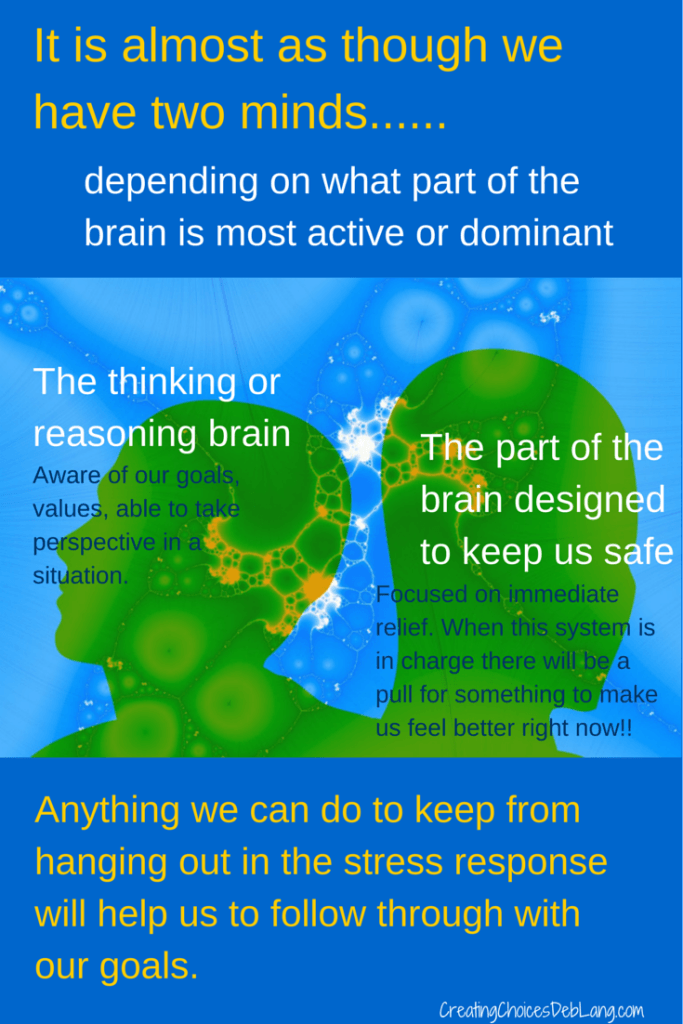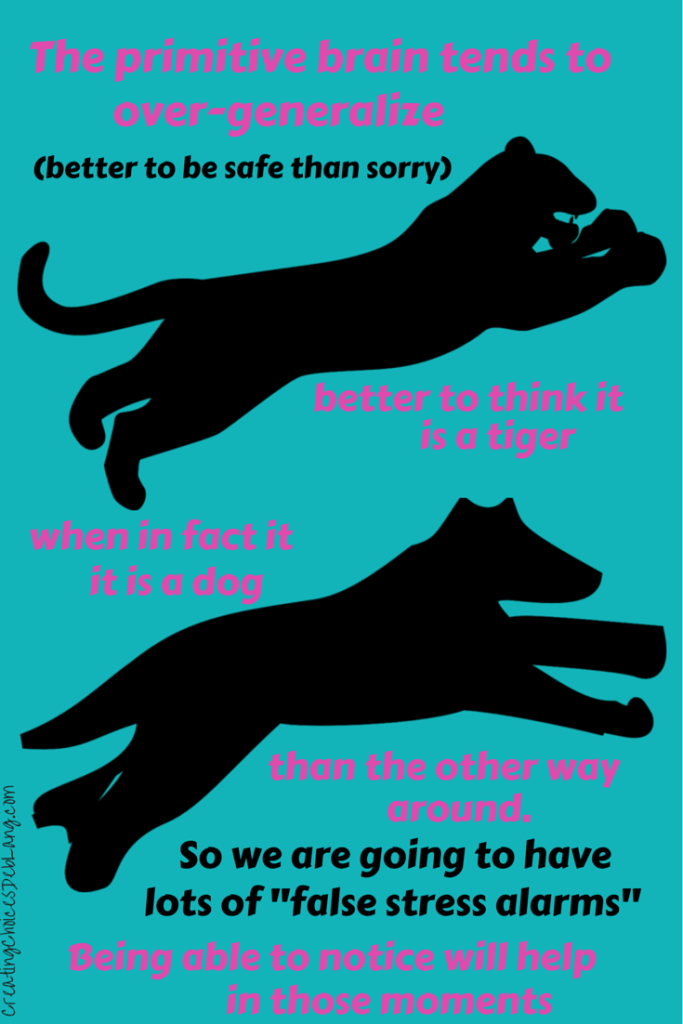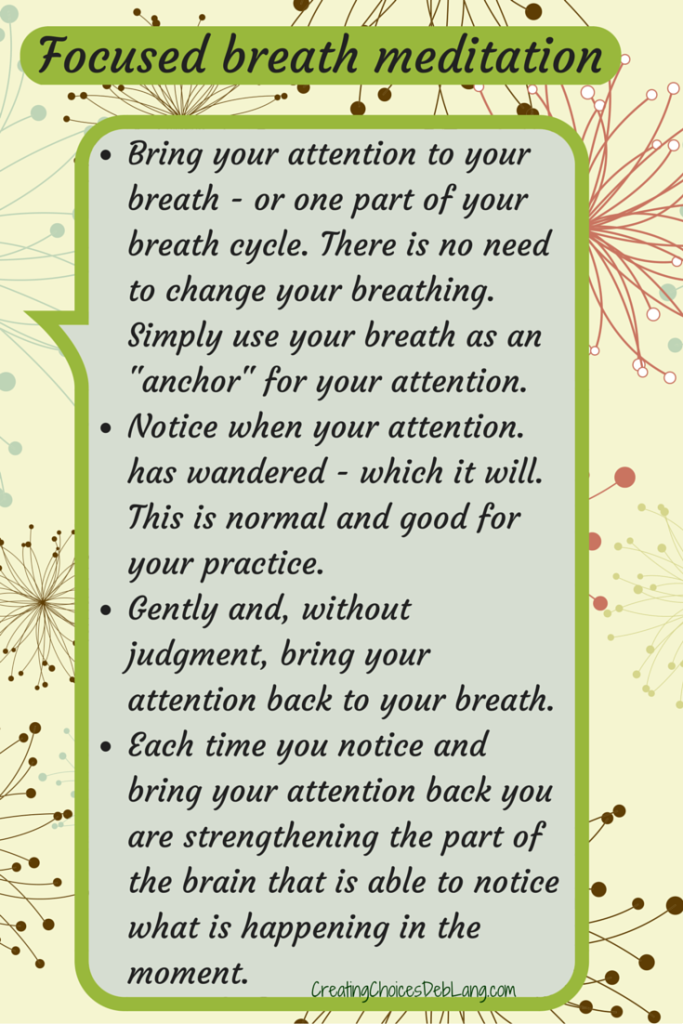Do you know what you “should do” or even “want to do” for the goals in your life, and cant’ seem to follow through? Frustrating isn’t it? So often people tell me that they know what to do and then they don’t follow through. I, too, know what that can be like. Luckily, there are things that we can do to help with that follow-through!
I’m always keeping my eye out for research in this area and so last spring when I heard about Kelly McGonigal, Ph.D and her work on self-control and willpower I was very interested. Dr. McGonigal is a psychology instructor at Stanford University. I absolutely loved her dedication in her book “The Willpower Instinct”.
“This book is dedicated to everyone who has struggled with temptation, addiction, procrastination, or motivation—which is to say, all of us.”
The reason that I love that so much is because I think we can be so very hard on ourselves when we don’t follow through. Most people that I talk to interpret it as a “character flaw”. “I just don’t have any willpower” or “I’m weak”.
I’m going to come back to her work on willpower and I want to back up for just a moment and talk about the impact of stress on our ability to follow-through.
One of the things that seem important to remember with all of this is that we have, what some describe as, “two minds”. As a result, we are going to act and see things very differently depending on which “mind” or part of the brain is in charge.
Those of you who have worked with me know that I, often, ask people to practice identifying whether they are in balance or whether they have “tipped” and are out of balance.
What we are checking for in those moments is to determine which part of our brain – or which “mind” is running the show.
This is very oversimplified and when we are in emotional balance, the part of our brain running the show is connected with our values, our long-term goals, is able to feel compassion for ourselves and others and is able to take perspective.
When stress rises or we tip out of emotional balance, this reasoning part of the brain is made less effective by the stress hormones and the desire to relieve stress and feel better becomes the primary goal.
This has to do with survival. If our lives are in danger, we don’t want to be spending time analyzing, taking perspective or feeling compassion – we would be dead! We want to act quickly without regard for the long-term consequences.
The problem with this is that, thankfully today, most of our stressors are not life threatening. The brain, however, doesn’t differentiate between a tiger and the frustration of waiting through several stop lights. The response in the brain is the same. Act now to feel better!
How we will feel about this action tomorrow is not even on the radar. So being “tipped” or in the stress response is going to pull us to feel better in the moment – whether this is to fight off an intruder or eat that candy bar that will give instantaneous relief.
This is important so as not to interpret that pull for the candy bar as a “character flaw”. When that more primitive part of the brain is in charge there will be a pull for immediate gratification!
We need both of these systems – in immediate danger we need that fast acting brain and during periods of safety we need to be able to think about what will keep us safe in the long run.
And when it comes to being able to follow through with our goals anything that can decrease the stress we experience is going to help.
The other thing working against in staying in balance and connected with our goals, is that the alarm center of our brains tends to overgeneralize. It is the idea of it being, “better to be safe than sorry”.
It is better to think it is a tiger and find out it is a dog versus think it is a dog and then, much too late, realize that it is a tiger! Again, this is a strategy for survival.
The thinking reasoning part of the brain provides a “check and balance” for this through the ability to notice and determine whether we are actually in danger.
So, we want to strengthen the part of our brain that is able to notice, in the moment, what is happening inside of us so that we can bring ourselves back into balance when we don’t need to be fighting for our lives!
We want to be able to notice that I am reacting like this is a tiger, when in fact it is a dog – such as an unavoidable delay because traffic is backed up. We want to be able to calm down our system in that moment. To do that we need to bump up the skill of observing ourselves.
So, how do we do that? One word – practice!
Whatever we repeatedly do , the brain will adjust its structure, integration, blood flow, etc. in order to make it easier for us to perform that action in the future. I always chuckle as I think about this process, remembering a friend who used to say, “be careful what you think and do – your brain is listening”.
One method that is showing promise in helping to increase awareness in the moment, is the focused breath mediation. This brings us back to Kelly McGonigal, Ph.D. and her book “The Willpower Instinct”.
In her book Dr. McGonigal, cites a number of studies suggesting that with very few hours of mediation (one study found this after just 3 hours of practice) we can improve our attention and self-control both of which are important for follow-through on goals. She reports that after 11 hours of practice, there were visible changes in the brain.
The idea with the focused breath mediation is to use your breath as an anchor for your attention (you could choose a specific part of the breath cycle) and then the process is to notice when your attention wanders – which it will – and then bring your attention back to your breath.
If you would like to download a pdf of the focused breath meditation, click here.
When I introduce this practice most people come back and say, “I couldn’t do it”. The expectation being that they would have been successful if their mind was quiet.
In fact having a busy mind is totally normal and actually wonderful for this practice. Each time you notice that you are distracted, and bring your attention back to your breath, you are strengthening your ability to do this at other times in your life. A perfect skill for following through on goals.
Also, it is actually useful that it is a bit challenging. When we want to increase an ability in the brain it is very similar to building other muscles. 
If I want to have the strength in my legs to go hiking, I am going to need to work them and push them a bit outside of my comfort zone. I won’t get stronger by taking walks that are already easy.
The same is true in the brain. If I want to increase an ability using my brain, having it be a bit difficult is just what I need.
I was just listening to a talk last week during which Dr. McGonigal was being interviewed by Ruth Buczinski, Ph.D. of the National Institute for the Clinical Application of Behavioral Medicine. In this talk, Dr. McGonigal shared that, if you think about it, the focused breath exercise is an actual practice in following through on a goal – including lots of distractions!
We have the goal of focusing on our breath. We get pulled away from the goal as we get distracted. We get to practice noticing that we are distracted from our goal and practice bringing our attention back, once again, to the goal of focusing on our breath.
And so, over and over, maybe millions of times if you are like me, you will be asking your brain to practice focusing on your goal, getting distracted, and coming back – or the process of following through on a goal!
What I found interesting about what she had to say about the focused breath meditation was that, not only does this method strengthen our ability to notice, but the breath meditation has the added advantage of adjusting the physiology of the body to be best prepared to follow-through. This has to do with a balancing of the parasympathetic and sympathetic nervous systems and heart rate variability. Long story short, Dr. McGonigal described what happens during the focused breath meditation as being “what willpower looks like in the body – alert and present”. Stress reduction is another helpful byproduct!
According to Dr. McGonigal a 5-minute breath focused meditation is a powerful “brain-training exercise for boosting your willpower”.
So what do you think? Could you spend 5 minutes a day noticing your breath in order increase your ability to stick with your goals? If you try this I would love to hear how it goes for you. Also, be sure to come back as I am going to share with you some of the other strategies that have been shown to boost our ability to follow-through on our goals.
As always, if you liked what you read and would like to share, there are share buttons below. If would like to receive an announcement of when the next post is published, just sign up to the right.
Until next time…… how might you Flourish in your body?
McGonigal, K. (2012). The Willpower Instinct. New York, NY: Penguin Group.





0 Comments